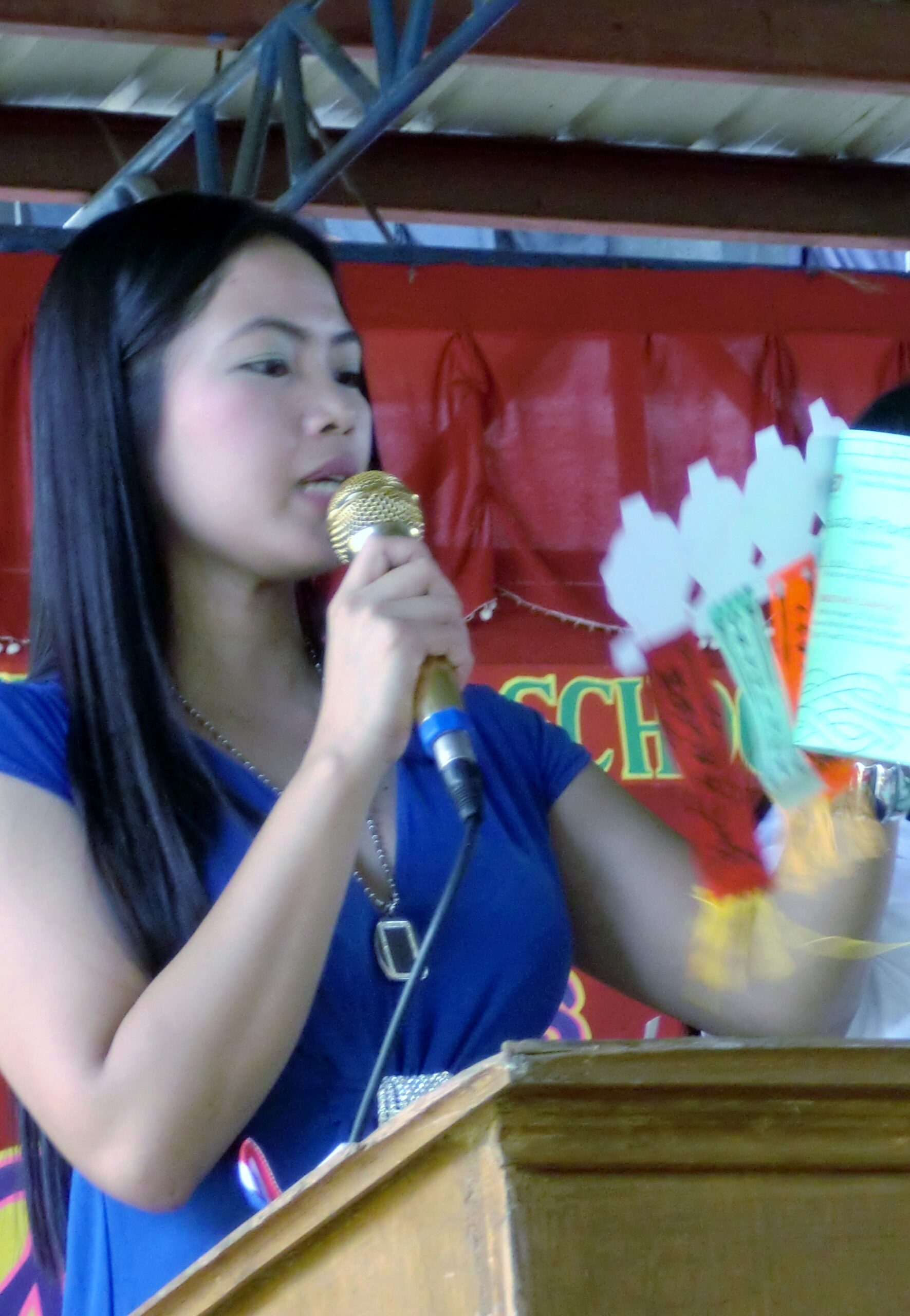In the Philippines
Elementary School Recognition in the Philippines is always treated like a festival, a big event for honor students and a busy day (and days prior to it) for teachers. It is also being looked forward to in the beginning of class by students whether one can receive awards (and rewards) from parents.
I remember when I was still an elementary student, my parents, especially my father, would always motivate me to get the highest honor if I want to get a reward. I was around second or third grade when I was told that if I get the first honors, I could get a bicycle. I was only second, so I got a pair of shoes instead. But, that is how parents always motivate their children to do better in school. Or my family at least.
School Recognition in the Philippines is the survival of the fittest and the battle of the brains and charms. Students are awarded according to their abilities and performance. We have the top awards: first, second and third honors. Sometimes we give fourth and so on. We also have the best awards: Best in English, Best in Math, Best in Science, Best in Filipino….name all subjects and we have “Best” awards for that. Another awards, the most awards: Most Neat, Most Diligent, Most, Behave, Most Punctual, Most Generous…name all adjectives and maybe we have an award for that..:-) Of course, we have the other awards: Boy Scout of the Year, Girl Scout of the Year, Drum and Lyre Member, etc.

Students and parents work hard to get any of these awards. And some (if not most) teachers employ this “trophy” to motivate (or scare) students to do their best and get a passing or if not a failing mark.
On Recognition Day, the school stage is well decorated complete with loud speaker and a podium. Students with awards and recognition are all excited and happy. They are dressed in mostly new clothes and shoes, very proud to go up to the stage together with their parents or guardians, who, in most cases, also wear nice clothes just for the event to receive their awards, a ribbon or a medal or a certificate.
As for teachers, this is not a very easy task. When I was an elementary teacher, this recognition season somehow gave me a headache. I was the type of teacher who wants to acknowledge the students effort, may it big or small. I wanted to give all my students an award, even if it says Most whatever adjective to recognize the students` effort for the whole year. But of course, not all students do their best. And those things gave me headache thinking what award to give to all my students. My fellow teachers would tell me not to worry about that too much and just give a few. After all, it is not going to be an award or a special award in that matter if everyone can get it anyway. There was a year I remember that I did not give anything to few students who I had a hard time dealing with. This was to teach a lesson to everyone that if you want to get something, you have to work hard for it. But, it did not turn out nice. Those students felt bad of course for getting nothing, and my heart was crushed seeing them sad. And since then, I always make sure that no matter how slow (or bad) some students are, I would work hard and motivate them to join something like Boy Scout so I can give them something on Recognition Day.
In Japan
On the other hand, in Japan, closing ceremony is a totally different scene. Japan is a country that values equality and simplicity. Things like competition for honors and awards, like what we have in the Philippines, doesn`t really exist. Days approachinrg the last day of school seem to be ordinary days. Students go to school and learn and teachers teach. In the Philippines, days approaching the last day of school, we tend to have “irregular” class since teachers are busy preparing for the Recognition Day and some students are busy rehearsing their dance and song presentation for the event.
On the last day of school, before spring break in Japan, they have what is called 終了式 read as shuuryushiki, which means closing ceremony. All students and teachers gather in the gym usually in the third or fourth period. That means to say, they go to their classroom in a regular manner during the first and second period. Nothing really festive. Some classes do owakarenokai or closing party but it is not the party you have in mind. They just do a simple blackboard decoration and teachers and students do something which is really not big of a deal. It is a simple looking back-goodbye party. Most schools also have a school owakarenokai where all students gather in the gym and each grade will do a song or recitation performance. Nothing extravagant costumes or props. But for sure, a very good performance. They also make it special for the sixth graders who are leaving the elementary school life.
[wpvideo vgPk6GfE ]
During the closing ceremony, as everyone is gathered in the gym, teachers will remind the students how to spend spring vacation right. They talk about the do`s and don`ts and there is a lot of them. Some of the do`s are `Do your homework`, `Do go home early`, and more of don`ts like `Do not go to game centers`, `Do not talk to strangers`, `Do not go home after dark` and all these warnings to make sure that the children are safe and do well during spring break. They have some kind of awarding but in my experience, I have only seen the librarian gave award to students who read the most books and that`s it. When students go home, they bring with them their report card and that contains their performance in school.
Cultural Difference
I can see the cultural difference in both countries. In the Philippines where people are mostly competitive, fun-loving and and value honor and pride and in Japan where people prefer simplicity and equality. Of course, there are advantages and disadvantages of both but this is our way of life. This is our culture. This is what makes us us. When I came here in Japan and witnessed how simple their closing ceremonies are, and how the slow learner students don`t get their pride crushed and feel and discriminated during Recognition Days as in the Philippines, I wished that we could do the same thing in the Philippines. A simple closing ceremony just like in Japan. But, if we did the same, I would never have the memories of going up to the stage with my parents and have my ribbons and medal don on my neck and of course the picture-taking. Who can forget.

